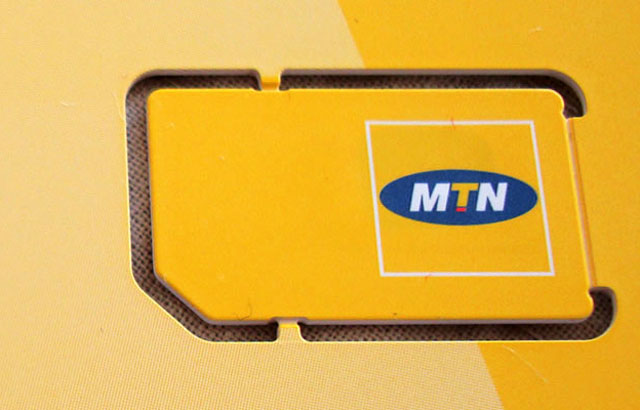
MTN Group is gauging investor interest for its first sale of rand-denominated bonds in seven years as Africa’s largest mobile phone operator struggles to repatriate earnings from its Nigerian business.
MTN is “approaching the market and we will see what the appetite is” for debt in the South African currency, said Nik Kershaw, the Johannesburg-based company’s investor relations executive.
The operator has room to raise as much as R4bn for its South African unit in 2017 to reduce short-term debt and refinance bank facilities amounting to R19,6bn due this year, according to Gimme Credit.
“The company will have to raise funds to maintain a comfortable cash level this year,” mainly because of declining profitability and elevated capital expenditure levels, said Alexandre Dray, a Tel Aviv-based credit analyst for Gimme Credit, a corporate bond research service that has an “underperform” rating on MTN’s dollar bonds. “There is still appetite for their debt.”
MTN is at risk of losing its investment-grade credit rating from Moody’s Investors Service as foreign exchange shortages and an economic contraction in Nigeria limit the company’s ability to pay dividends from its most lucrative market and take on more borrowing, Moody’s said on 6 March. Net debt levels soared 64% to R52bn in 2016 as MTN boosted capital expenditure, incurred licence fees and paid a fine in Nigeria for not disconnecting unregistered customers.
The wireless operator has R1,3bn of bonds maturing in July as well as a term-loan of R1,5bn and revolving credit facility of R455m that both fall due in May, according to data compiled by Bloomberg. The company doubled its South African bond programme registered on the JSE to R20bn in September.
“There is no intention to increase the South African debt by R10bn in the near term,” MTN’s Kershaw said. “We don’t need it to increase our absolute debt capacity, we would rather use it to avoid lumpy payments and restructure our shorter-term facilities at the banks.”
The company this month reported its first annual loss, mostly as the result of a 330bn naira (R13bn) fine in Nigeria and foreign-exchange losses at some of its 22 operations across Africa and the Middle East. The Nigerian penalty, which MTN agreed to settle in June following eight months of negotiations, led to a management overhaul, and a new CEO, former Vodafone Group executive Rob Shuter, who joins the company this month.

“There would be investor appetite” even though the company would have to pay higher borrowing costs than in the past, said Bronwyn Blood, a portfolio manager at RMI Specialist Managers in Cape Town. “It’s still a high-quality company.”
MTN extracted €893m from Iran and expects the last of cash that was stuck in the country for five years due to sanctions will be received by September, it said on 2 March. Moody’s, which has MTN’s debt on a negative outlook, said it will continue to monitor the timing of when the company will be able to repatriate dividends from Nigeria.
The potential debt issuance comes as the stronger rand and slowing inflation boosts expectations that South African Reserve Bank governor Lesetja Kganyago may have room to start cutting interest rates this year. Yields on South African benchmark debt due in December 2026 have dropped 28 basis points this year to 8,64%, while the rand has gained 6% against the dollar.
Yields on MTN’s $750m of bonds due in November 2024 fell 13 basis points to 5,38% by 5.10pm in Johannesburg on Tuesday, the lowest level in five months. MTN’s share price rose 0,6% to R121,40, paring an earlier decline of as much as 1,7%.
“Investors wouldn’t be too comfortable if MTN extended its debt profile, but they would be okay if MTN was refinancing debt,” Blood said. “It’s good for the company to find other sources of funding because then it will have more liquidity and not just have the banks.” — (c) 2017 Bloomberg LP




